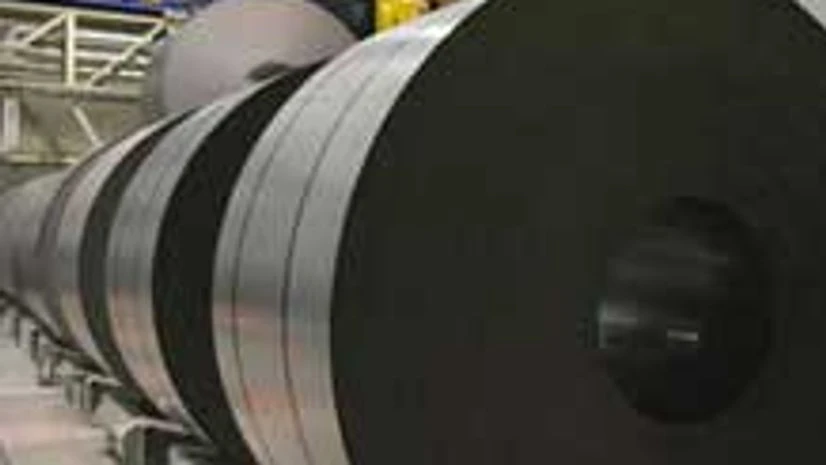Taking the benefit of export duty exemption, India’s iron ore pellet exports have surged almost 11 times to 435,000 tonnes in the first seven months (April-October) of the current financial year compared to 40,000 tonnes exported in 2012-13. When compared to overall iron ore exports, pellets constitute just five per cent of the total this year.
During the same period, India exported 8.43 million tonnes of iron ore, showing a decline of 43.5 per cent over the same period last year. The industry expects the total exports of pellets during the current financial year to touch a level of 800,000 tonnes.
Industry analysts attribute the steep surge in export of pellets this year to better prices in the international markets, low consumption of steel in the domestic market and extra capacities built in by the new plants. Some of the exporters of pellets this year include JSPL, Essar Steel, Ardent, Stemcor, Godavari, Arya Pellets and KIOCL (formerly Kudremukh Iron Ore Company Limited). State-owned KIOCL has returned to export market after a gap of two years. The company recently finalised a tender for 60,000 tonnes, trade sources said.
In the domestic market, pellets are traded at Rs 7,000 per tonne, while the export market fetches around Rs 9,900 per tonne. There was a good demand for Indian pellets in the Chinese market, he said.
Currently, 36 pellet plants are operating in India, with a combined capacity of 63 million tonnes per annum. Total expected capacity expansion and new plants together will add another 72 million tonnes capacity by 2016-17, which will take the country’s total pellet capacity to about 135 million tonnes per annum. Major pellet producers include Essar Steel, JSW, JSPL, Tata Steel and Stemcor among others.
Recently, Assocham, Indian Chamber of Commerce and Bangalore Chamber of Industry and Commerce have appealed to the finance and commerce ministers to impose 30 per cent duty on pellets, so that the domestic steel industry can be assured of higher supply of raw material for their plants.
According to the chambers, there is no significant value addition in making pellets.
“Iron ore exporters are taking advantage of zero export duty on pellets. Increasing exports of pellets are further aggravating the already worse scenario of iron ore availability in the country,” Assocham said in a memorandum to the finance minister.
Pellets made from iron ore fines are used by the domestic steel industry. In such a scenario, if pellet exports are allowed it would only add to the shortfall in the domestic market since it would lead to indirect export of iron ore, said steel industry sources.

)
